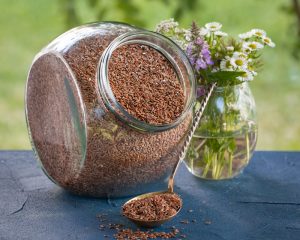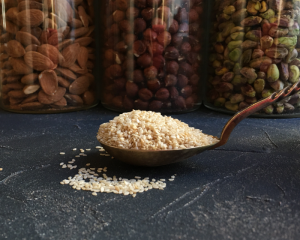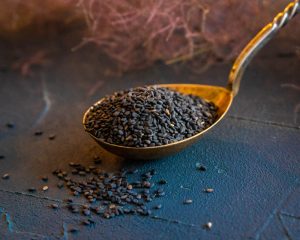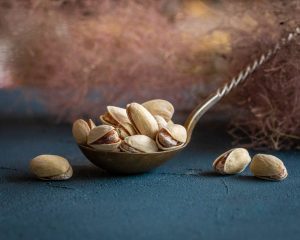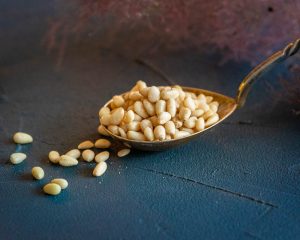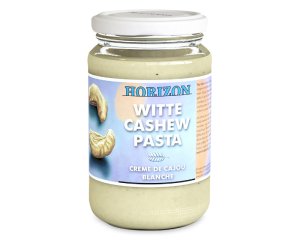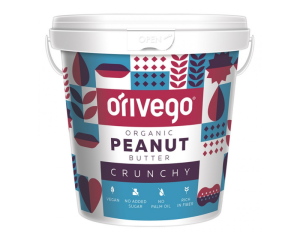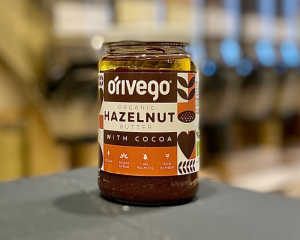Organic mulberries
From 1.90€
Delicious, sweet, raspberry-like, organic mulberries are small, but rich in valuable vitamins and minerals, vitamin C, iron, vitamin A, vitamin E and carotene. They are an excellent ingredient in a wide variety of nutritious dishes, especially suitable for making breakfast porridge, gluten-free cereals, baked goods or simply nutritious snacks.
They are rich in glucose and fructose, which give them a sweet taste, so they are often used as a dessert and can even be added to salads and stews. They are suitable for diabetics because they have a low glycaemic index, making them a safe alternative to sweets (in moderation).
Mulberries are rich in pectins, tannins and various acids beneficial to health.
Berries contain significant amounts of iron (up to 2 mg iron per 100 g of product) and other trace elements (such as copper, zinc, manganese and selenium).
They are also rich in macronutrients such as calcium, potassium, magnesium and phosphorus.
Mulberries are rich in vitamins: they contain fat-soluble vitamins A and E, as well as vitamin C and B vitamins. It should be noted that 100 g of berries contain up to 40 mg of vitamin C, which is almost half the recommended daily intake. Vitamin C is important for maintaining a healthy immune system, while vitamins A and E are important for protecting cells against harmful environmental factors and for the beauty of skin and hair.
The fruit also contains flavonoids (such as resveratrol, which has particularly strong antioxidant properties). It is claimed that mulberries can help to strengthen the blood and improve its composition, making them suitable for use in anaemia. The berries are good for the heart and nervous system, prevent colds, and have antiseptic and anti-inflammatory properties.
NOTES. The information provided here should not be regarded as medical advice or any other form of health advice. We encourage you to make personal health decisions based on your personal knowledge and consideration of different sources of information.
Organic white mulberries 100%
Energy value 1344 kJ/321 kcal
Fat 0,2 g
- of which saturates < 0,1 g
Carbohydrates 61 g
- of which sugars 43 g
Fibre 14 g
Protein 10,7 g
Salt: < 0,1 g
Store at a temperature not exceeding 15°C in a dry place away from direct sunlight.



